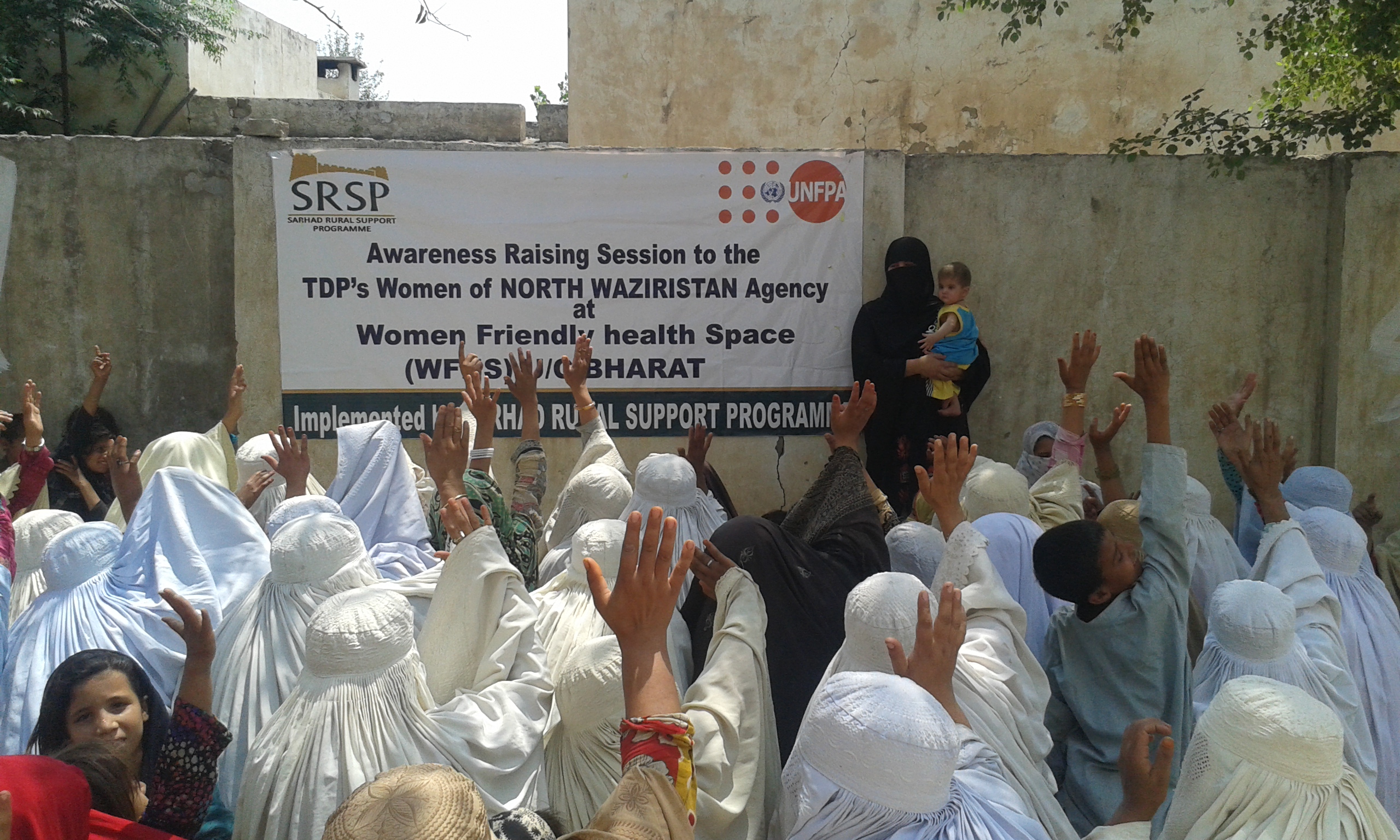Innovatively addressing localisation: Pakistan’s Sarhad Rural Support Programme
DOI:
https://doi.org/10.21153/thl2024art2073Keywords:
Pakistan, localisation, leadershipAbstract
The humanitarian work of the Sarhad Rural Support Programme (SRSP) in turbulent north-western Pakistan is an interesting example of how local organisations evolve, adapt, build their capacities and go to scale. SRSP has tackled the limitations of existing humanitarian architecture in implementing localisation by addressing issues like organisational capability, risk, capacity building, trust and best fit approach. This paper explores how SRSP’s management, systems, policies and community outreach show a deep commitment to the marginalised segments of its population and demonstrate downward accountability, while also being upwardly accountable as registrants under Pakistan’s company law, which sets stringent, internationally acceptable standards for financial accountability and protects the organisation’s autonomy against predation from the government and politicians. Its approach to capacity building has been incremental, and built around hands on problem solving, and its program design has been based on iteration, learning and adaption. The SRSP’s work also highlights how good local intermediaries can link the international system to a vast outreach of communities.
Downloads
References
Asian Development Bank. (2022). Khyber Pakhtunkhwa Health Systems Strengthening Programme. ADB
Bannerji, N. (2006) Capacity, Change and Performance Discussion Paper No 57, ECDPM.
Bureau of Statistics Khyber Pakhtunkhwa. (2024). https://kpbos.gov.pk/
Caroll, T. (1992). The Supporting Link in Grassroot Development. Kumarian
Commissionerate of Afghan Refugees/Safron. (2024). Data Report. Commissionerate of Afghan Refugees/Safron
Government of Pakistan, Finance. (2011). Economic Survey Report. Government of Pakistan
Human Rights Commission. (2010). Internal Displacement in Pakistan. Human Rights Commission
Mulk, M.Ul. (2006) Devising Strategy for Linkage between CSOs and Local Government Institutions. Essential Institutional Reform Project. UNDP/Government of KP.
Mulk, M.Ul. (2006). Rural Support Programmes, Communities and Disaster Management. Pakistan Horizon. Pakistan Institute of International Affairs.
Sarhad Rural Support Programme website. (undated). https://aw1.srsp.org.pk/site/where-we-work/
Sarhad Rural Support Programme. (2022-23). Annual Report.
Sarhad Rural Support Programme. (2006). Restoring Hope, Earthquake
Sarhad Rural Support Programme. (2011). Education Returns to the Valley, IDPs
Sarhad Rural Support Programme. (2011). IDPs Testimonial
Sarhad Rural Support Programme. (2012). Lending a Hand, Floods
Sarhad Rural Support Programme. (2014). SRSP’s Humanitarian Support to IDPs of North Waziristan
Sarhad Rural Support Programme. (2016). Ensuring Protection of Women in Emergencies
Sarhad Rural Support Programme. (2017-19). Making a Difference
Sarhad Rural Support Programme. (2021). SRSP’s COVID-19 Response
Relief Web. (2006). Kashmir Earthquake report. reliefweb.int
World Bank. (2022). Flood Damages and Economic Losses. World Bank
Worldometers.com. (2024). https://www.worldometers.info/







